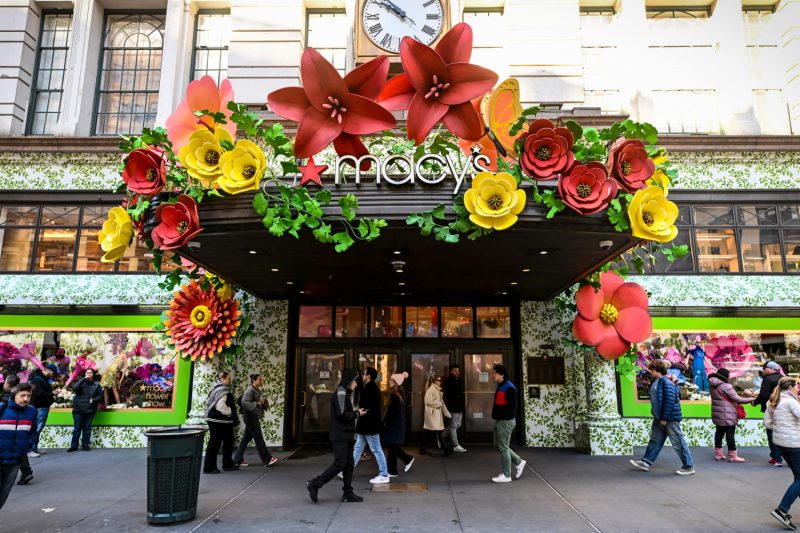Department stores have long been an essential part of the retail landscape, offering a wide range of products under one roof to cater to diverse customer needs. However, the ongoing shift in consumer demographics has necessitated a strategic pivot for these traditional retailers. As their customer base ages, department stores are turning their focus towards attracting younger shoppers to ensure long-term sustainability and growth.
One of the key challenges faced by department stores is the changing shopping habits of millennials and Gen Z consumers. These younger shoppers prefer online shopping and are more inclined towards experiential retail and personalized shopping experiences. To address this shift, department stores are investing in digital technologies and omnichannel strategies to enhance customer engagement and provide a seamless shopping experience across online and offline channels.
In addition to digital transformation, department stores are also revamping their product offerings and store layouts to appeal to younger demographics. By introducing trendy and sustainable fashion lines, beauty products, and lifestyle goods, these retailers are looking to capture the attention of millennial and Gen Z shoppers who prioritize eco-consciousness and social responsibility in their purchasing decisions.
Furthermore, collaborations with popular influencers and celebrities have become a prevalent marketing strategy for department stores to connect with younger consumers. By leveraging the influence and reach of social media personalities, these retailers can effectively target and engage with their target audience, driving brand awareness and loyalty among the younger demographic.
Another significant aspect of attracting younger shoppers is the creation of experiential retail spaces within department stores. By incorporating interactive displays, pop-up shops, and events, these retailers are transforming their stores into destinations where shoppers can not only make purchases but also enjoy a unique and immersive shopping experience.
Moreover, department stores are reevaluating their traditional promotional strategies and loyalty programs to align with the preferences of younger consumers. Offering exclusive discounts, personalized rewards, and engaging loyalty initiatives can incentivize millennials and Gen Z shoppers to choose department stores over online competitors and fast-fashion brands.
In conclusion, the shifting demographics of consumers present both challenges and opportunities for department stores. By embracing digital innovation, updating their product offerings, enhancing customer experiences, and adapting their marketing strategies, these retailers can successfully attract and retain younger shoppers, ensuring their relevance and competitiveness in the evolving retail landscape.

